Cybersecurity and childcare experts warn that parents posting photos of their children and certificates online could expose their information and create opportunities for bad guys.
Mr. Ngo Tuan Anh, Vice President of the Vietnam Information Security Association, said that indiscriminately publishing children's transcripts, certificates of merit, and achievements, even if only to share joy with everyone, could create loopholes.
He described posting it as "like taking a big photo with all your child's personal information and hanging it on your front door."
"We certainly don't do that in real life, but online people think only their friends know," Mr. Tuan Anh said yesterday.
The warning comes at the end of the school year, when millions of students receive their school awards, and many parents post the information online in glee.
Parents have different opinions on information security concerns.
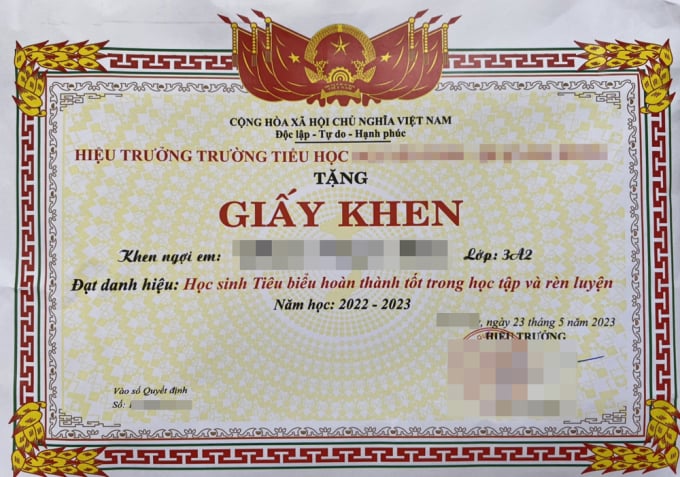
Parents show off their children's certificates on their personal pages after the closing ceremony. Illustration: Binh Minh
Ms. Hoang Thi Hanh, residing in Thanh Tri district, Hanoi , has two daughters in primary school. Both of them were awarded excellent students and won silver medals at the International English Olympiad. She took a photo of both the certificate and the exam results email and posted it on her personal Facebook.
"There were 200,000 likes and dozens of shares," she said. "I was very proud."
She said she regularly posts photos of her children's activities and achievements, like a diary, using social networks to save them so that she can later see the whole process of their growth.
Ms. Nguyen Thi Ngan in Cau Giay also has this habit. After her child got a high score in an English contest, she took a screenshot of the result announcement including full name, registration number and test score. She also wrote down the name of the school and class to prove that her child only attended a public school but still got high results.
"I took a photo of the email so everyone can see that children can be good at English even if they only study at a village school," she said.
When information about children is made public, almost anyone can access it. They know the child’s name, where they study, the teacher’s name, and what class they attend. They even know what the child likes to eat, what they like to play, and what time school ends. All of that information can be used by bad guys to scam students and parents.
"This is extremely dangerous," said Dang Hoa Nam, Director of the Department of Children, Ministry of Labor, War Invalids and Social Affairs, on May 27.
Online fraud is increasing in number and form. Particularly with students, in the past few months, there have been many fraud cases in Hanoi, Ho Chi Minh City, Da Nang , in which the bad guys have in hand the names and phone numbers of parents and teachers in the school. They inform the parents that the students are in the emergency room, or have bought online and owe money, to trick the parents into transferring money.
In addition, providing information about children aged 7 and above, including name, age, school, class, and academic results, without their consent, is also considered a violation of the law. "The law stipulates that private information of citizens and children is inviolable," said Mr. Nam.
There are also children who do not like their parents posting their certificates online. Mr. Nam said that the Department's 111 hotline received calls from some children who said they did not agree to posting their report cards because they felt pressured and compared.
Ms. Ngan's daughter in Cau Giay once asked her mother to remove the post, and her family also advised her to reduce posting personal information on Facebook. Ms. Hanh in Thanh Tri chose to hide or block statuses with information about her relatives on her page.
"Posting is to share with everyone, but we also consider carefully every time we press the button," said Mr. Tuan Anh.
Dawn
Source link



















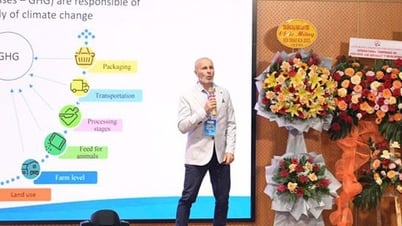


























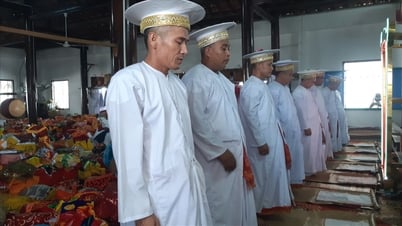












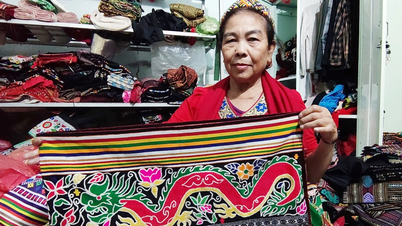



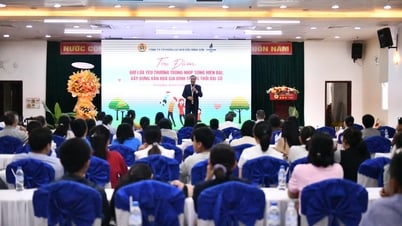
















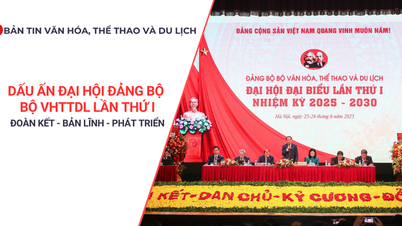






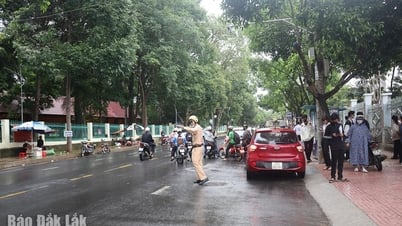






















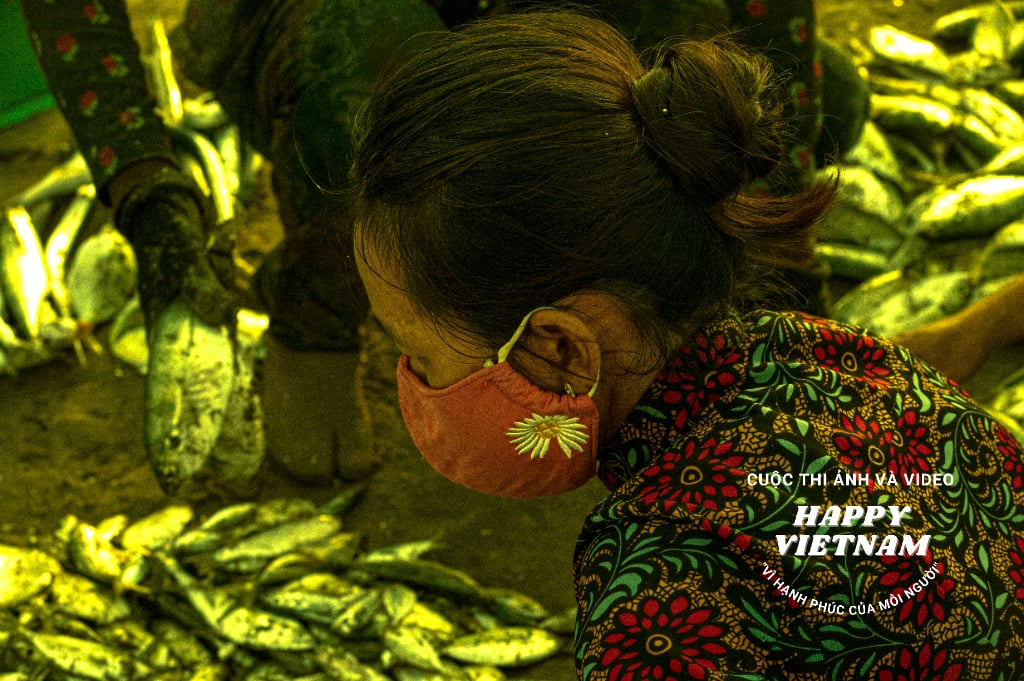
Comment (0)